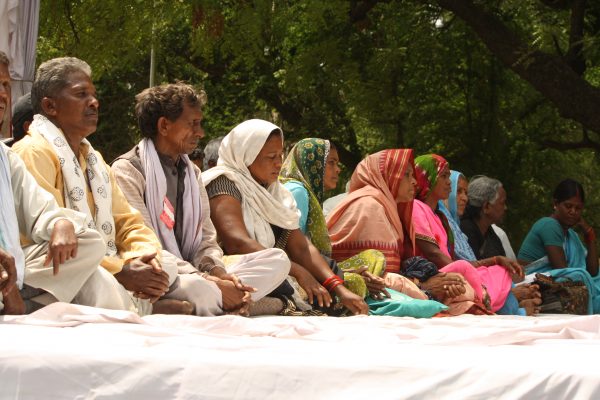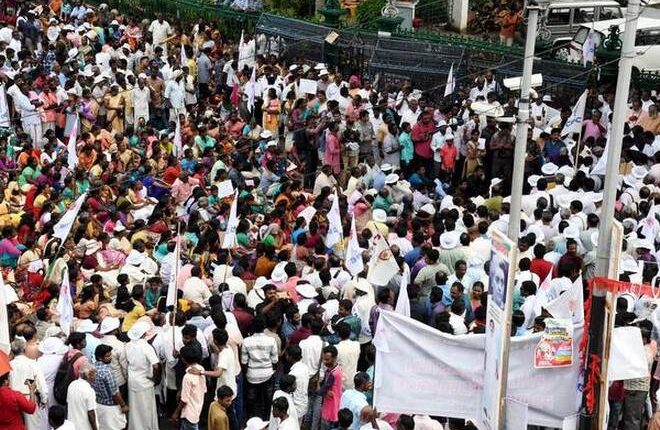
This month completes seventy years since the passing of the Constitutional (Scheduled caste) order, 1950, which aimed at ensuring that Dalit communities all over the country should enjoy fundamental freedoms and rights protected under the fundamental law of the land.
It identifies the communities who suffered from social, economic, and educational hindrances from past years. These communities have been witnessing the harsh resistance in the form of Untouchability since previous times, and are referred to as Scheduled castes or Dalits. This age-old caste prejudice stopped them from attaining the basic civil rights.
Through, Presidential order of 1950, these communities were given relaxation on every ground. It mandates their reservation in government jobs, educational institutions, and elected bodies. A commendable step, which could not serve its purpose till date.
The Presidential order aimed at providing them better conditions, to cover up their past sufferings, but received criticism on solid grounds. It simply violates the secular nature of the Constitution, by extending its benefit only to Dalit Hindus. Thus, neglecting the converted ones.
Paragraph 3 of the Presidential order, is argumentative since 1950. It restricts them from exercising their right to freedom of conscience (faith). It is quite absurd, as it penalizes Dalits for choosing a religion or denying a faith tradition. It stops them from exercising their right to follow any religion. It’s unjust to force them to choose between their religious faith on one hand and special benefits and protections under the law, on the other.

However, after much resistance, amendments were made in the order, which included Dalit Sikhs (1956) and Dalit Buddhists (1990) too, in its fold owing to their political activism. But, the resistance continues as it still leaves out Dalits who converted to Christianity and Islam from its fold even though they have enough pieces of evidence to show that they suffered equal atrocities and negligence like other Dalit communities.
The excuse prevails, that Christianity and Islam are more egalitarian than other existing religions and thus Dalits would not face any discrimination in their new faith. However, Dalits found that they are still stranded in the web of discrimination even after changing their faith.
The point proved, when, in May 2018, Kevin Joseph, a young Dalit Christian was murdered by his wife’s relatives in Kerala, just because he dared to love and marry a girl of an “upper caste”. The motive of the murder was caste prejudice, as noted by C Jayachandran, Principal Sessions Court Judge.
Mandal Commission Report noted the impact of caste in the lives of non-Hindus and said, “non-Hindu minorities who live in pre-dominantly Hindu India could not escape from social and cultural influence. Thus, caste received similar sustenance and stimulus in non-Hindu communities”.
Also, the National Commission for Religious and Linguistic Minorities under the leadership of Justice Ranganath Misra submitted its report to the Government of India in 2007, which stated, “caste is a social phenomenon shared by every Indian community irrespective of their religious beliefs. Many of the particular castes are found in different religious communities, facing similar social hindrances and mistreatment by co-religionists as well as others.”
Referring to the issue, Saleem Mansoori, a leader from Bihar, questioned the logic of the denial of the SC status to the two minority groups. “We are unable to understand that if religion cannot be the basis of providing reservation, how can it be made on the basis to deny people their SC status?”
Resistance continues and grows, but the outcomes proved fruitless. Thousands are coming into the trap of caste discrimination and degradation, leading the social ties into a great depression.




